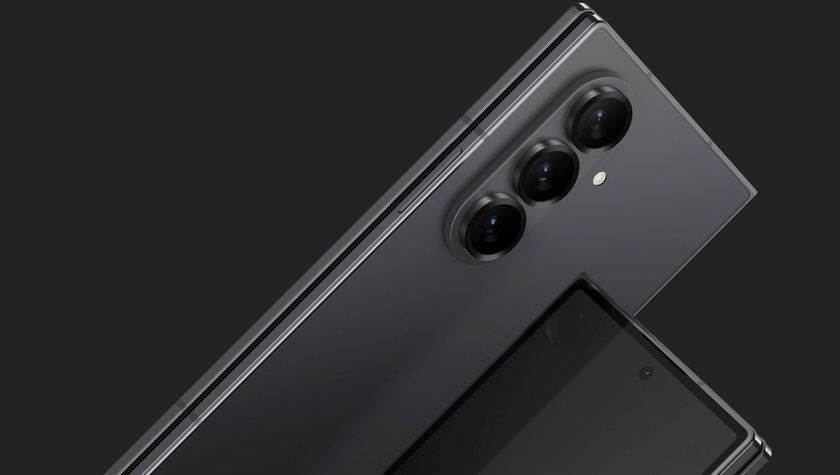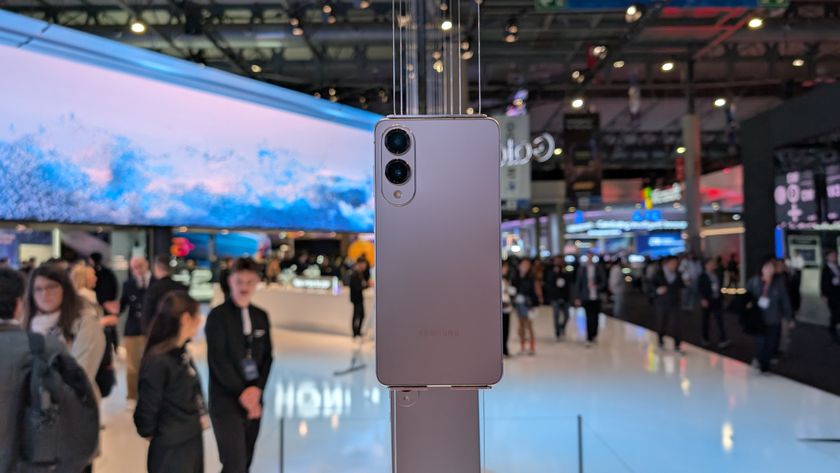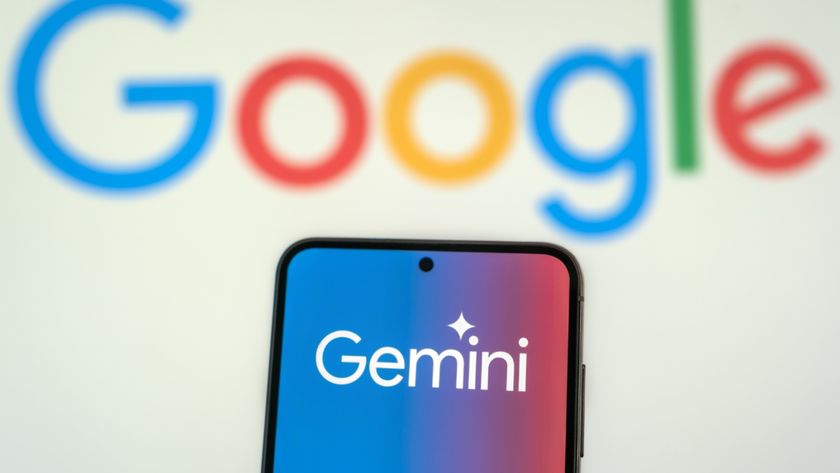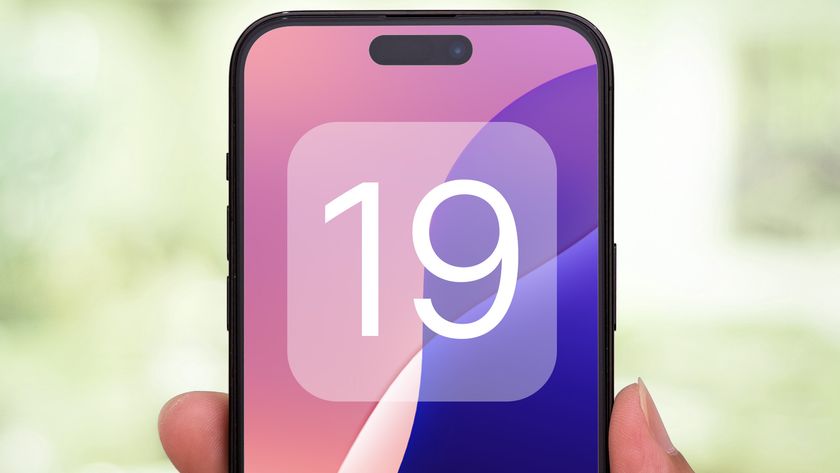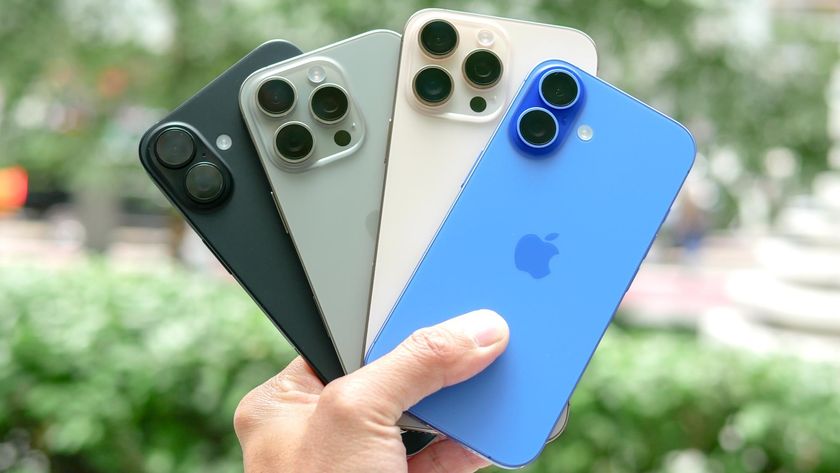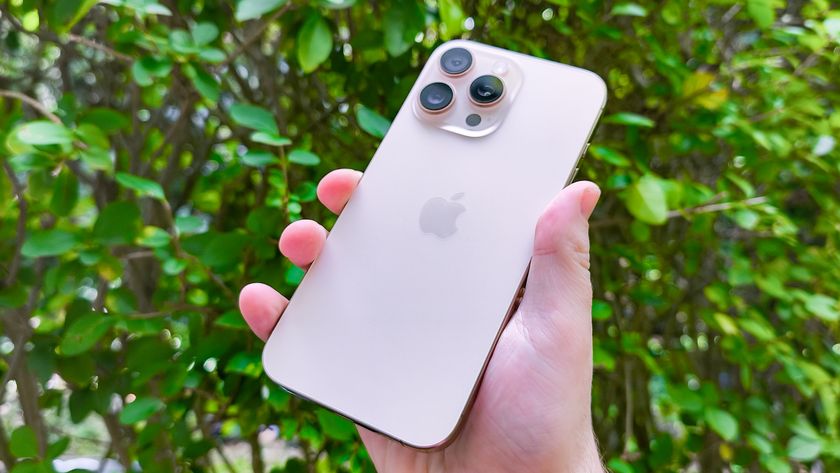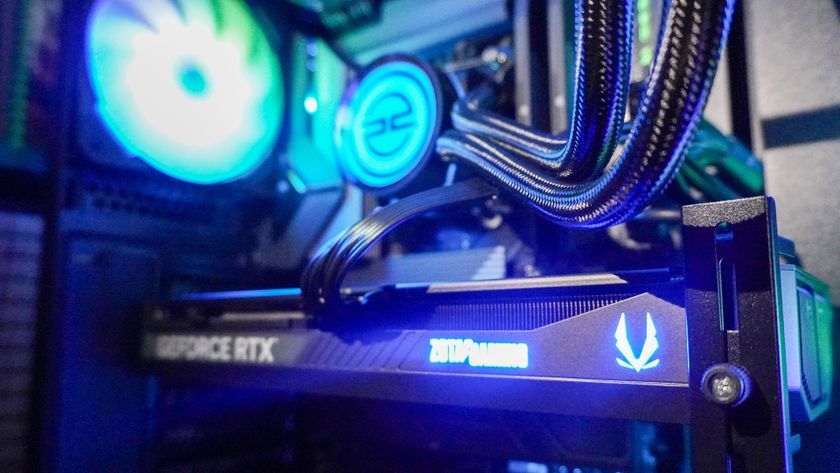Samsung Accused of Misleading Water Resistance Claims for Galaxy Phones
An Australian watchdog group says Samsung's Galaxy ads were deceptive
Lots of smartphones these days feature water resistance, but that doesn't necessarily mean you should throw caution to the wind and start using them in the wet stuff whenever you feel like it.
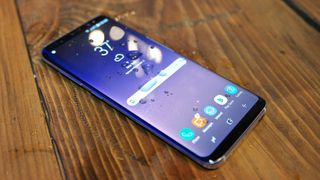
Samsung finds itself being sued by an Australian consumer watchdog group over advertisements that arguably encourage users to do exactly that.
The Australian Competition and Consumer Commission (ACCC) is taking the tech giant to court over 300 ads, distributed across television, websites, billboards and social media, for misleadingly depicting that Samsung phones could be used in all types of water freely, with no risk of long-term damage, The Register reports.
"Samsung itself has acknowledged that water resistance is an important factor influencing Australian consumer decisions when they choose what mobile phone to purchase,” Rod Sims, ACCC chairman, said on the matter. "Samsung’s advertisements, we believe, denied consumers an informed choice and gave Samsung an unfair competitive advantage."
The devices implicated in the suit range from the just-released Galaxy S10 series all the way back to the S7 family, as well as the Galaxy Note 8 and 9 and the Galaxy A5, A7 and A8.
Notably, Samsung does stipulate in these ads that the handsets’ IP68 rating limits them to 30 minutes of use under a maximum depth of 1.5 meters, or about 5 feet. However, as the ACCC points out, Samsung "did not test or know of testing" that demonstrated how operation in such conditions could potentially shorten the usable life of these devices, and also did not honor warranty claims stemming from underwater use.
The latter point is not at all unusual in tech — many companies produce water-resistant products, but water damage is rarely, if ever, covered in a manufacturer’s warranty. Still, the ACCC appears to have taken the position that Samsung has deceived customers by promoting this particular aspect of Galaxy phones, without backing those statements up should devices fail to live up to their stated designed capabilities.
Sign up to get the BEST of Tom's Guide direct to your inbox.
Get instant access to breaking news, the hottest reviews, great deals and helpful tips.

The ACCC notes that Samsung has sold 4 million handsets in Australia, and during that time advertised water resistant models being used in various conditions and scenarios, from swimming pools to oceans, while actors in ads were relaxing or engaged in physical activity.
Water-resistant phones can usually survive a brief, accidental dunk in fresh water — but that's entirely different from swimming with a phone in hand, for example, where liquid is being forced through a device's seams at high pressure.
MORE: The Best Water-Resistant Smartphones
The court may find that Samsung will have to be more specific about the particular use cases in which its products can and cannot stand up to water going forward.
The South Korean phone maker isn't alone when it comes to complaints over water resistance claims; in fact, Sony came under similar scrutiny almost five years ago regarding the water resistance of its Xperia handsets, which resulted in the Japanese firm controversially deleting all suggestions of underwater operation from its phones' support pages.
Waterproof ratings for phones cost you money. We just bought a bucket. #OnePlus7Series https://t.co/Q0eAKsfMEw pic.twitter.com/4f0RmNpI2tMay 3, 2019
Most recently, OnePlus drew groans from critics and customers like when it advertised that it built its new OnePlus 7 Pro flagship to be water resistant even though the company never sought IP certification.
OnePlus held fast to its position that IP testing would have made the device more expensive. However, many interpreted the phone maker's stance as a way of propping up an unverified claim about its product without having to face the consequences if it didn't hold true.
The precedent set in the Samsung case could redefine the way tech companies approach the issue of water resistance, which has existed in a murky place practically since phones with the feature began hitting the market.
The ACCC is seeking penalties and recompense for customers against Samsung. That'd certainly be nice for anyone who feels they were burned by false advertising, though if the outcome simply forces companies to shed more clarity on precisely what water resistance means in a modern context, this ordeal will have all been for the better.
Adam Ismail is a staff writer at Jalopnik and previously worked on Tom's Guide covering smartphones, car tech and gaming. His love for all things mobile began with the original Motorola Droid; since then he’s owned a variety of Android and iOS-powered handsets, refusing to stay loyal to one platform. His work has also appeared on Digital Trends and GTPlanet. When he’s not fiddling with the latest devices, he’s at an indie pop show, recording a podcast or playing Sega Dreamcast.
